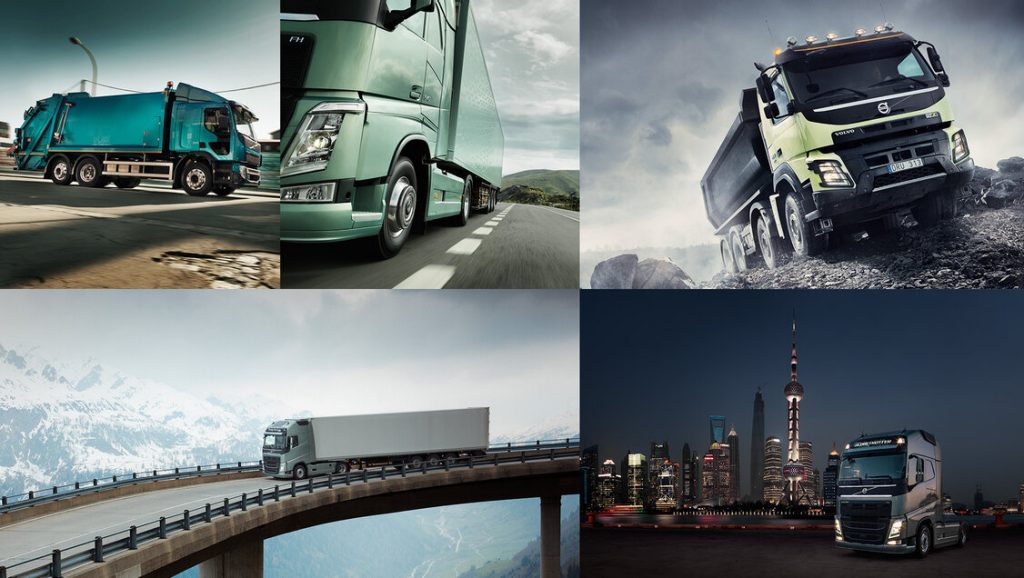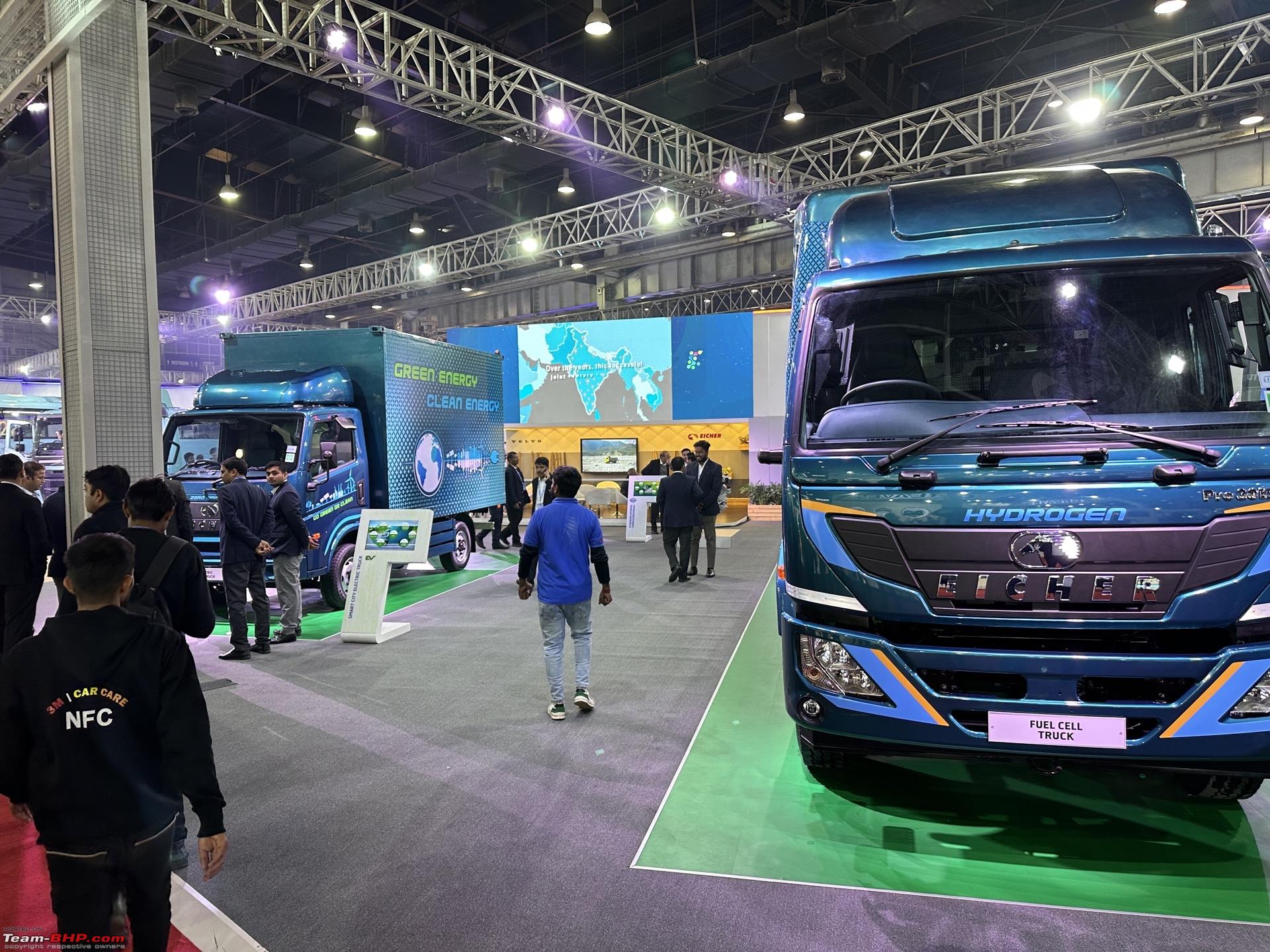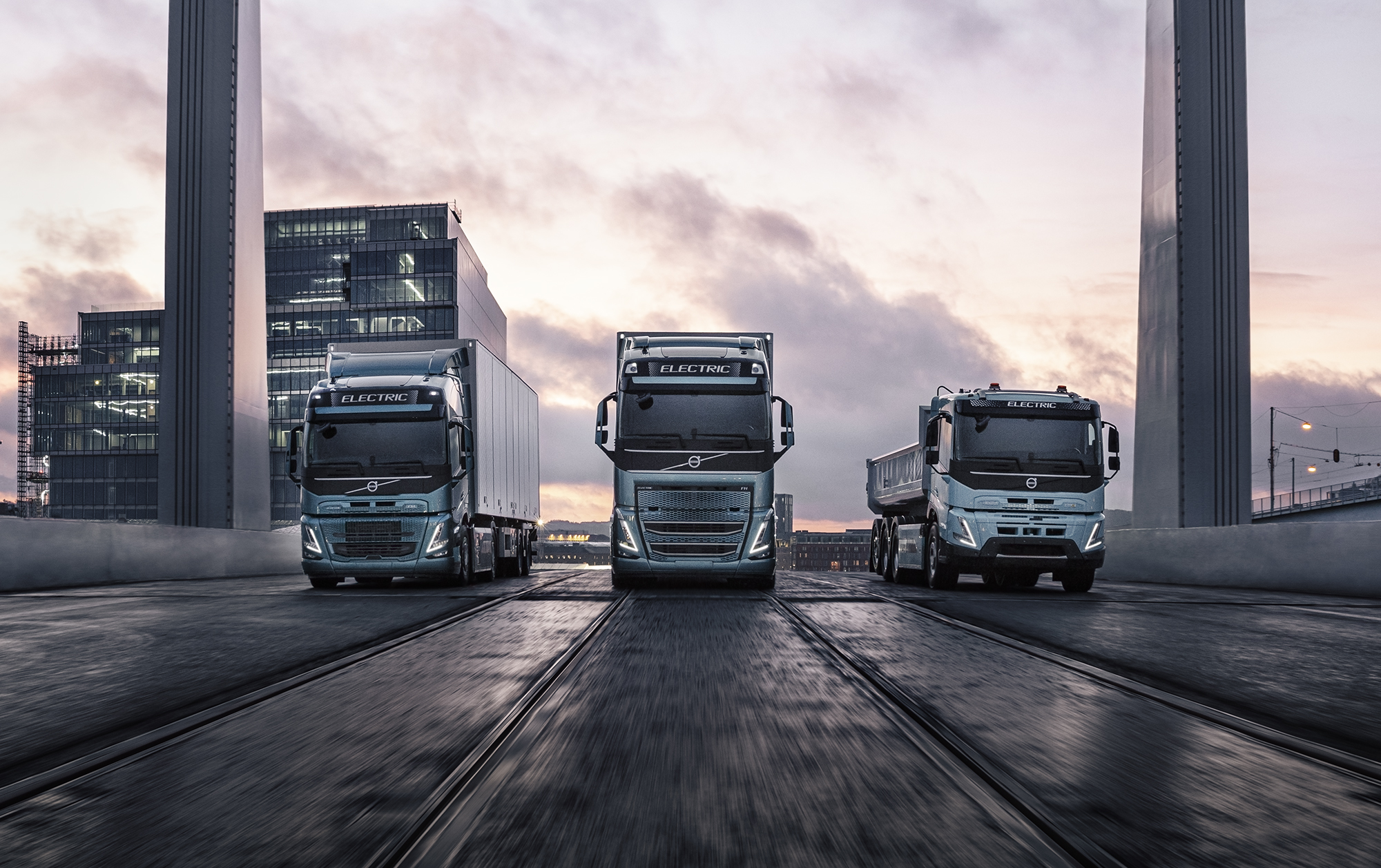Optimistic Outlook for India’s Commercial Vehicle Industry in FY24: Volvo Group; Icra Forecasts 7-10% Growth
The Indian commercial vehicle industry, a critical barometer of economic activity, is poised for promising growth. Despite facing a challenging period with a 5% year-on-year decline and a significant 41% sequential drop in volumes in April 2023, Volvo Group is bullish on the Indian commercial vehicle market as it sees tremendous growth in the coming decade for India and play a greater role in manufacturing operations for the Volvo Group globally.

Volvo Group Enthusiastic About India’s Thriving Commercial Vehicle Market
A senior executive at Volvo Group, the Swedish manufacturer of commercial vehicles, engines, and construction equipment, expressed optimism about India’s potential for substantial growth over the next decade.
Sofia Frandberg, the Chairperson of VE Commercial Vehicles (VECV), made these remarks during her inaugural visit to India in her new role.
She highlighted the significant growth across all VECV sectors, including buses, trucks, engines, and components.

Frandberg emphasised that VECV has made significant investments in technology, product development, industrial capacity, and digitalisation, positioning the company for further expansion, and the goal is to manufacture products in India for both the domestic and global markets.
In the fiscal year 2023, VEC Commercial Vehicles became the fourth-largest commercial vehicle manufacturer in India, recording sales of 72,827 units.
Their sales surged by 54% in the previous fiscal year, outpacing the industry’s 34% growth, which saw a total of 962,468 vehicles sold; at the same time, VECV also exported 4,933 vehicles during the same period.

Touching The High’s
As a joint venture between Eicher Motors, based in Gurugram, and Volvo, VECV has become the sole global manufacturer of 5-litre and 8-litre diesel engines for Volvo.
They have also recently begun supplying driveline components, gears, and other critical parts to Volvo, resulting in approximately Rs 400 crore in component exports during the last financial year; VECV anticipates robust growth in component export revenue in the future.
Vinod Aggarwal, the Managing Director at VECV, stated that revenues from the component business have been steadily increasing; while exports of vehicles declined in the last fiscal year due to global market slowdown, however, their products have gained traction in markets such as the Middle East, South Africa, and Indonesia, and that their is strong growth potential once international markets recover.

Sofia Frandberg, also a senior leader at Volvo Group, praised the 15-year partnership with Eicher Motors as a “win-win” and revealed that the two companies are exploring avenues to expand their collaboration further, as all 5- and 8-litre engines used by Volvo truck and bus brands worldwide are manufactured in India. VECV manages the commercial vehicles sold under the Eicher brand globally, as well as Volvo’s trucks and buses business in India.
Frandberg expressed her confidence in India’s rapid economic growth, foreseeing it becoming the third-largest economy soon, and highlighted the readiness of Volvo Group, with its technology, products, and production capacity, to participate in this burgeoning market.
Frandberg identified five key factors that will shape India’s future development: decarbonisation and a focus on sustainable mobility, deglobalisation, digitalisation, demographics, and the potential for increased diversity, thus emphasising Volvo Group’s belief in India’s strength and opportunities.

Icra Predicts 7-10% Growth in Domestic Commercial Vehicle Industry Volumes for FY24.
Boost to India’s flourishing commercial vehicle market is substantiated by the ratings firm Icra, which stated that the domestic commercial vehicle industry is anticipated to experience a growth of 7-10% in volumes during FY24.
This growth is expected to be underpinned by replacement demand, a resurgence in mining and infrastructure construction activities, and robust fleet utilisation levels.
Remarkably, the growth projection remains resilient in the face of a 5% year-on-year decline and a substantial 41% sequential drop in volumes observed in April 2023.
The anticipated growth in FY2024 follows a year of robust demand in FY2023 when the industry witnessed an expansion of over 33%; this growth was fueled by a favourable baseline and an upswing in macroeconomic activity, as per Icra’s analysis.
Furthermore, Icra noted that the implementation of the scrappage policy, effective from April 1, 2023, is likely to make a significant contribution to the increased sales of new commercial vehicles.
Kinjal Shah, Vice President of Corporate Ratings at Icra, and Co-Group Head, emphasised that the primary impact of the scrappage policy is expected in the commercial vehicle (CV) segment, particularly in the passenger carrier category, as the usage of vehicles such as two-wheelers and passenger vehicles beyond 15 years would be restricted.
The Last Bit, the Indian commercial vehicle industry appears set for a robust resurgence in the fiscal year 2024.




